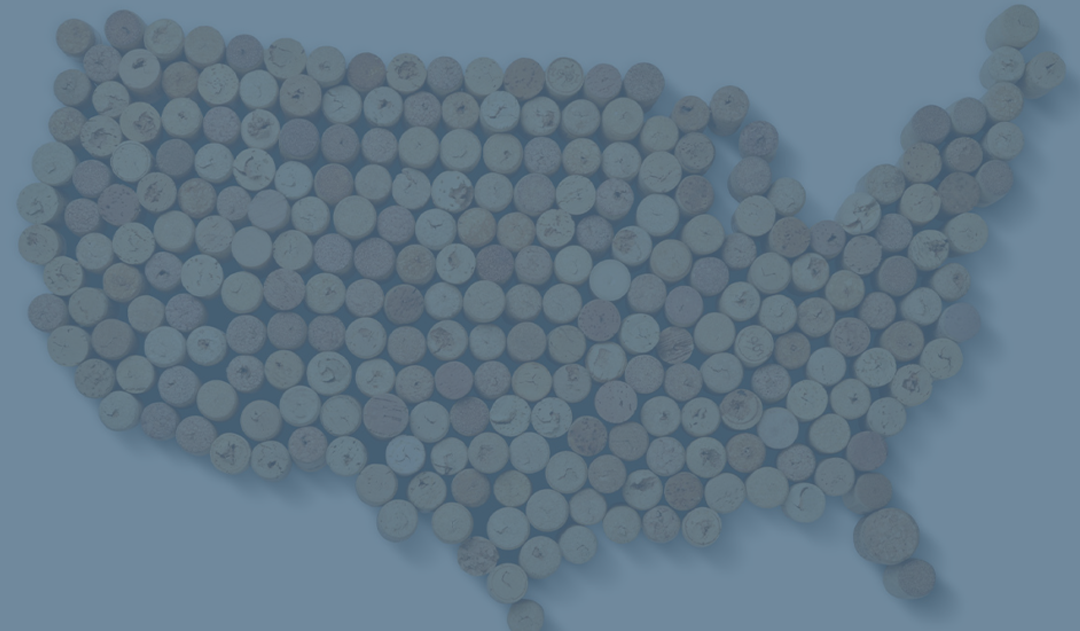Change is an easily observed undercurrent in the alcohol industry. From product innovation to brands, retail channels, advertising mediums, and mergers and acquisitions, the alcohol industry is constantly in a state of change. This is true even of the rules and regulations that create the guardrails for the industry.
In 2022, there was an abundance of legislative activity pertaining to the alcohol industry. Nationwide, I tracked 273 bills of relevance, and about 25% of them passed.
One of the most common legislative themes I saw across the country was the effort to reduce the minimum age to serve/sell alcohol. These bills were largely in response to the outcry from on-premises retailers who were finding it nearly impossible to find and retain servers. By lowering the minimum age to serve alcohol, employers were able to expand their hiring pool.
Here are some of the states that successfully passed these measures:
AL minimum age for servers dropped from 19 yrs old to 18 yrs old
KY minimum age for servers dropped from 20 yrs old to 18 yrs old
MI minimum age for servers dropped from 18 yrs old to 17 yrs old
OH minimum age for servers dropped from 19 yrs old to 18 yrs old
OK minimum age for grocery employees dropped from 18 yrs old to 16 yrs old
SD minimum age for bartending (in a restaurant) dropped from 21 yrs old to 18 yrs old
There were also some common themes that tied back to the pandemic. States like Alabama, Connecticut, Delaware, and the District of Columbia created permanent rules to allow the continuation of curbside pick-up of alcohol and/or patio and sidewalk dining. And states like Massachusetts, Maine, and New York extended their cocktails-to-go privileges for on-premises retailers – and Rhode Island made their cocktails-to-go permanent!
Three states created additional wholesale avenues for retailers to obtain alcohol. Louisiana and Nebraska both created allowances for craft brewers to self-distribute to on-premises retailers, and Iowa created an allowance for on-premises retailers to buy limited quantities of beer and wine from off-premises retailers.
Food trucks had a strong showing in 2022 as well. Alabama, Mississippi, and West Virginia all cleared pathways for food trucks to sell alcohol in certain circumstances and with the proper permits.
North Carolina legislators agreed to eliminate the requirement for membership at “private bars” (previously the ONLY kind of bar in North Carolina), and effectively created public bars where customers are now allowed to drink without having to first secure a “membership”.
And I would be remiss if I didn’t swerve a little and include the big ballot initiative that passed in Colorado in 2022 – “wine in grocery stores and c-stores!” Previously, grocery and c-stores were only allowed to sell beer, but starting March 1, 2023, they will also be able to sell wine.
But enough about the changes in 2022.
It’s 2023, now, and a new batch of alcohol bills has been filed in many states.
Here’s a sample of the 52 legislative bills that I’m already tracking:
- A bill in Connecticut that would establish a pilot program for a 4 a.m. “Last Call”
- A bill in Mississippi that would allow Sunday sales at liquor stores
- Bills in both Indiana and Montana that would allow beauty salons to serve beer/wine to customers (without requiring a permit)
- Bills in Washington and New York that would lower the DUI threshold from .08% to .05%
- A bill in South Carolina that would mandate responsible server training (and curiously, a separate bill that would also allow beer and wine to be sold to 18 yrs old, but surely won’t come even close to passing)
- A bill in Utah that would allow beer deliveries from off-prem retailers
- A bill in Virginia that would prohibit same-brand alcoholic and non-alcoholic beverages from being sold next to each other
- A bill in Wyoming that would eventually phase out population-based quotas in restaurant licenses
With the 2023 legislative session just getting started, I expect much more to come – so stay tuned to our blog for updates!






